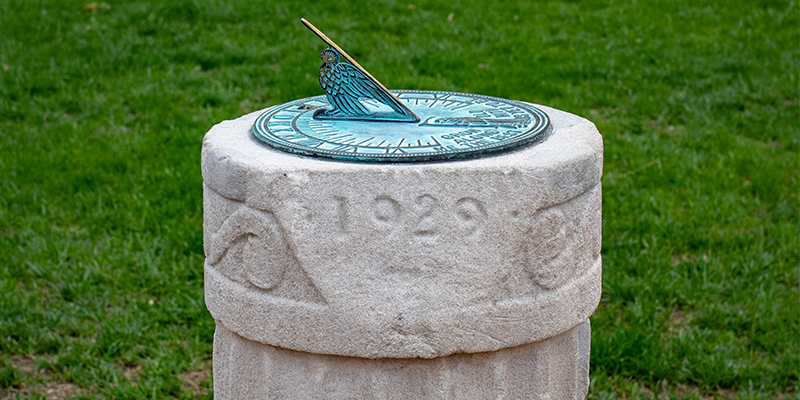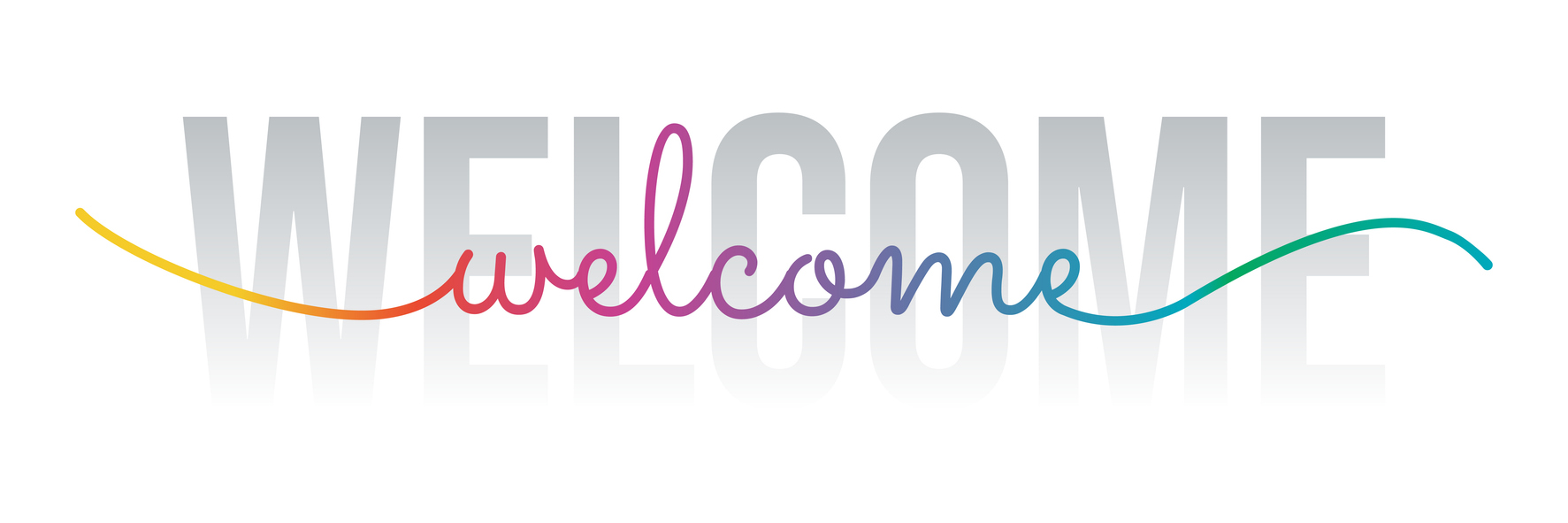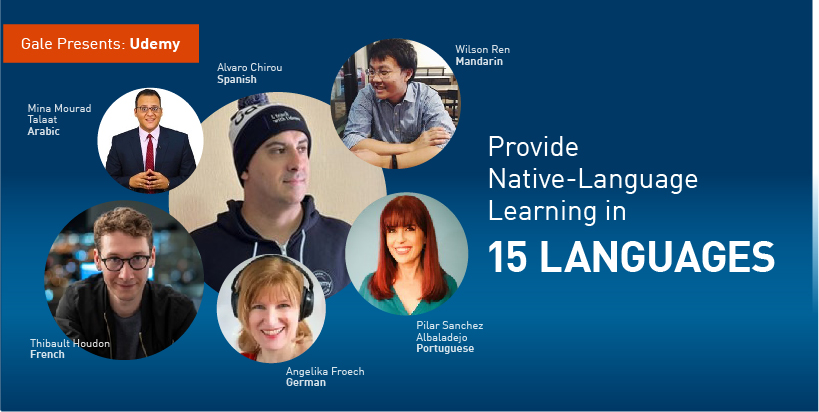Rediscover the Rich History and Traditions of Thanksgiving
|By Gale Staff | As fall transitions into the holiday season, students begin dreaming of winter break and spending time with loved ones. You can take this opportunity to spark discussions about Thanksgiving to connect students’ impatience for the holidays with lessons about how the traditions we take for granted came to be. To get … Read more










